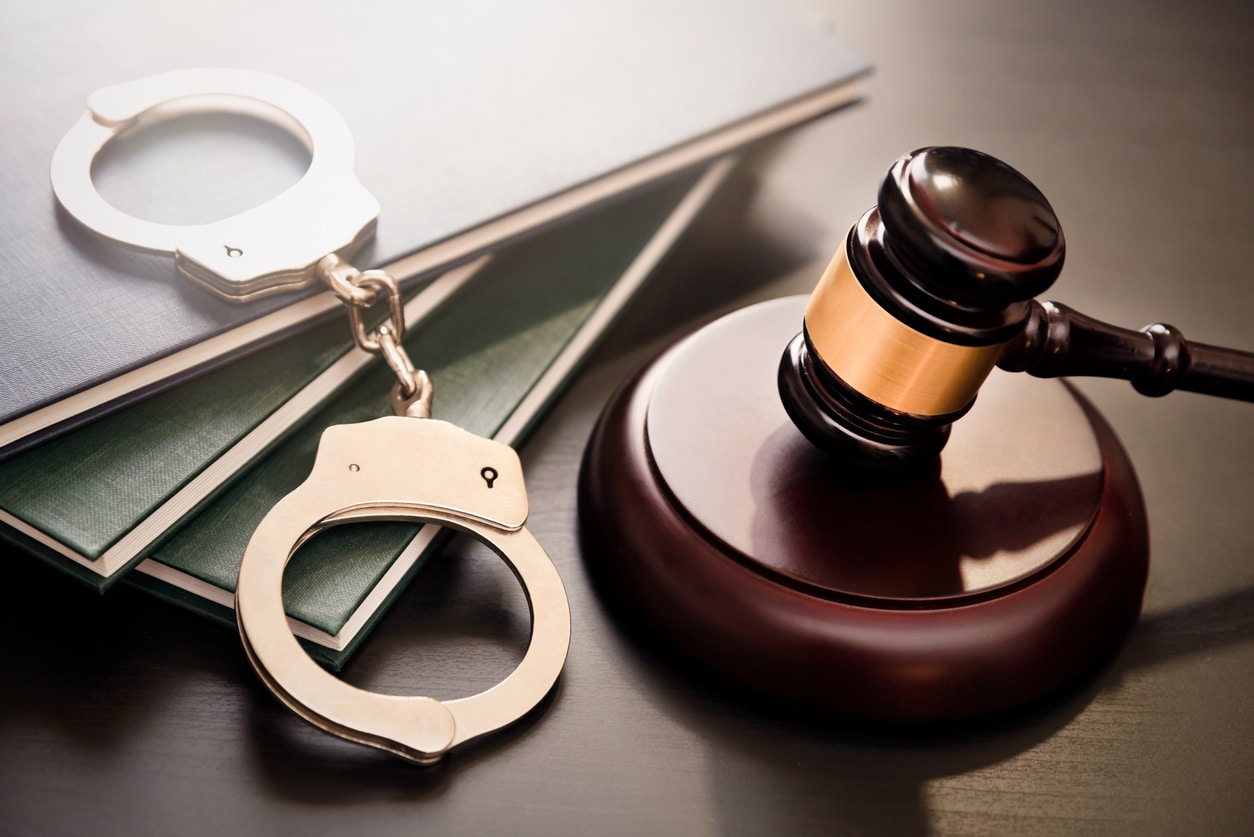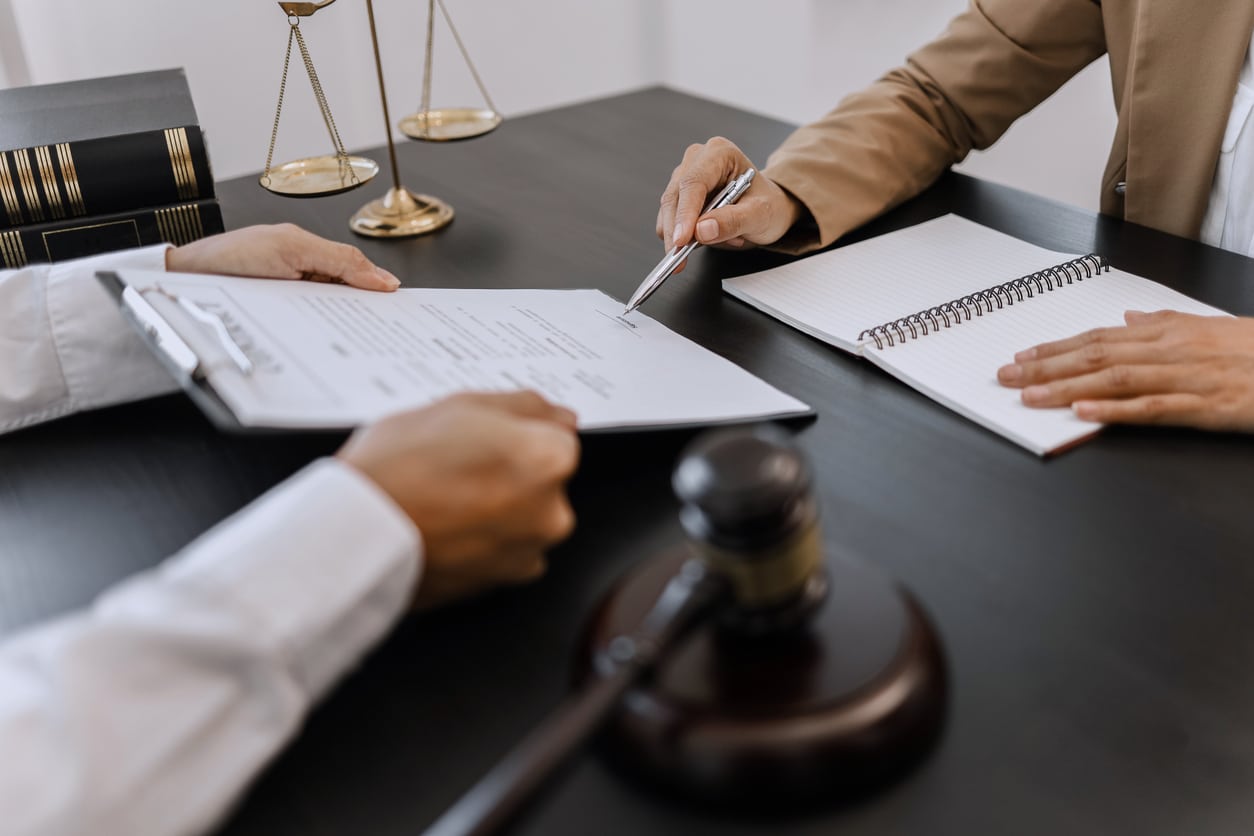As trusted manslaughter defense lawyers in Orlando, we are adept at navigating the legal complexities that surround these cases to provide our clients with the best possible outcome. Contact Sergio Cruz Criminal Defense to schedule an appointment today.
No criminal offenses are as devastating as the ones that claim lives. However, it’s important to understand that manslaughter — while tragic and tremendously serious — is not murder. Additionally, being charged with manslaughter doesn’t actually make you guilty of committing it.
The reality is that individuals are routinely accused of crimes they didn’t commit, including manslaughter. However, your innocence won’t save you from prosecution, conviction, and the status of convicted felon, especially if you fail to secure top-quality representation.
If you’ve been charged with manslaughter in Florida, you need to mount an aggressive defense to clear your name — but you don’t have to do it alone. Sergio Cruz Criminal Defense is up to the challenge. Keep reading to learn everything you need to know about manslaughter charges in Florida, the impact of a felony conviction, legal defenses, possible penalties, and more.
How a Felony Conviction Can Impact Your Life
All manslaughter convictions in Florida, regardless of the degree, are considered felonies. Felonies impact an individual’s life in a more profound way than any other type of criminal charge. Those convicted of felony manslaughter in Florida will be labeled as convicted felons for the rest of their lives, as these crimes are typically ineligible to be sealed or removed.
Even after a convicted felon has served their prison sentence, paid fines, and completed their probation requirements, they will still encounter obstacles. They will likely experience difficulties securing housing, employment, educational opportunities, or anything that requires a background check. They will also lose several individual liberties, including their right to vote, serve on a jury, and own a firearm. They are also likely to face social stigma, and their personal, professional, and social relationships will suffer.
All of these consequences combined can severely impact a person’s overall wellbeing, forever altering their life’s trajectory. The best way to avoid them is by partnering with an experienced criminal defense lawyer from the very beginning who can work toward getting their charges reduced or dismissed altogether.

How Florida Defines Manslaughter
In the State of Florida, manslaughter is defined under Florida Statutes, Section 782.07. It refers to the unlawful killing of a human being without malice aforethought, distinguishing it from murder, which requires intent or premeditation. In Florida, manslaughter is divided into two main categories:
- Voluntary manslaughter. Voluntary manslaughter occurs when a person intentionally kills another person in the “heat of passion” after adequate provocation. Key elements include intentionality (but without premeditation), adequate provocation, and the heat of passion.
- Involuntary manslaughter. This occurs when a person unintentionally causes the death of another person due to reckless or negligent actions, but it doesn’t involve the intent to kill. It results from a disregard for human life or a failure to exercise reasonable care, and is characterized by a direct causal link between the defendant’s conduct and the victim’s death.
Although these are the most important constructs to understand when exploring manslaughter crimes in Florida, they are not the only types of these crimes. Understanding how your charge is categorized can help you determine the best defense strategy to avoid conviction.
What Are the Different Types of Manslaughter in Florida?
Manslaughter in Florida is categorized into voluntary manslaughter, involuntary manslaughter, vehicular manslaughter, and aggravated manslaughter. Each type involves different elements and circumstances, leading to varied penalties based on the severity and specifics of the offense.
Vehicular manslaughter, also known as vehicular homicide, is a common type of manslaughter charge in Florida. It occurs when a person causes the death of another person by operating a motor vehicle in a reckless manner that is likely to cause death or great bodily harm.
Aggravated manslaughter is another common type of manslaughter crime in Florida. It involves the death of particularly vulnerable individuals, including children, elderly individuals, or disabled persons, due to the negligent actions of the defendant.
How Can You Differentiate Between Manslaughter and Murder?
In Florida, distinguishing between manslaughter and murder involves understanding the specific legal elements and intent behind each crime. Although both offenses involve the unlawful killing of another person, they differ in terms of intent, premeditation, and circumstances.
Here’s a breakdown of their key differences:
- Intent and state of mind. Whereas murder is an intentional act with malice aforethought (meaning it was premeditated, deliberate, or carried out with no regard for human life), manslaughter is less intentional, often occurring in the heat of passion.
- Circumstances and context. Murder typically refers to a deliberate action, a killing that was on purpose and or that occurred during the commission of another felony. Conversely, manslaughter is typically a provoked response or reckless conduct.
- Premeditation. Although felony murder does not necessitate premeditation, first-degree murder does refer to a planned killing. Manslaughter does not involve premeditation.
The primary distinctions between manslaughter and murder charges in Florida involve the defendant’s intent, state of mind, and the circumstances surrounding the killing. Understanding these differences is crucial for both legal professionals and defendants as they navigate the complexities of the criminal justice system.

What Are the Penalties for Manslaughter in Florida?
Florida takes manslaughter very seriously, although the exact penalties and charges depend heavily on the circumstances surrounding the crime. It is typically charged as a second-degree felony, but certain aggravating factors can elevate it to a first-degree felony.
Here’s are some of the penalties associated with different types of manslaughter:
- Voluntary manslaughter. A second-degree felony, this crime is punishable by up to 15 years in prison, up to 15 years on probation, and a fine of up to $10,000.
- Involuntary manslaughter. This crime is also a second-degree felony and carries the same key penalties as voluntary manslaughter.
- Vehicular manslaughter. Vehicular homicide is typically a second-degree felony but may be elevated to a first-degree felony in certain situations. Second-degree vehicular manslaughter is subject to the same penalties as voluntary and involuntary manslaughter; first-degree felony vehicular manslaughter is punishable by up to 30 years in prison, up to 30 years on probation, and fines up to $10,000.
- Aggravated manslaughter. This type of manslaughter is an automatic first-degree felony and is punishable by imprisonment up to 30 years, up to 30 years of probation, and fines up to $10,000.
As you can see, the largest determining factor when assessing penalties for manslaughter is whether it is charged as a first-degree or second-degree felony. In general, first-degree felonies are much more serious and involve harsher punishments than second-degree felonies.
What to Do if You’ve Been Charged with Manslaughter in Orlando
If you’ve been charged with manslaughter in Central Florida, you’re in a world of legal trouble. Without expert legal representation, you will likely be charged and convicted with a felony — the penalties of which are varied and severe. The most important thing you can do if you’ve been charged with manslaughter in Orlando is contact a trusted criminal defense law firm. Fortunately, you don’t have to look too far: Sergio Cruz Criminal Defense is here to help.
When you’re ready to fight for your future, contact our law office to schedule an appointment with a passionate, highly capable criminal defense attorney.

Contact us now
In need of a strong defense? Don’t face your charges alone. Get the legal support you need call today or email us. Your defense starts here.
